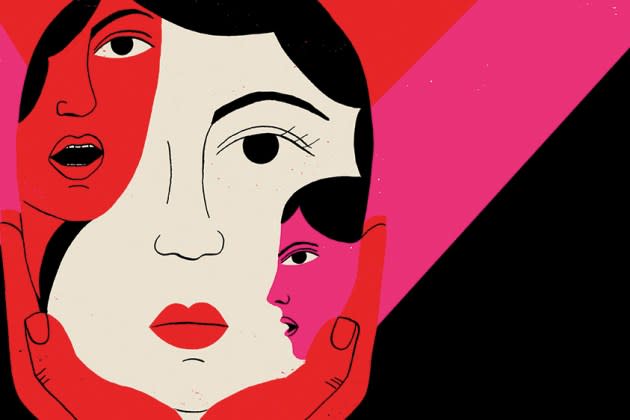Music Industry Still a ‘Boys’ Club’ While Female Artists Face Misogyny, Harassment and Abuse, Finds U.K. Inquiry

A new U.K. parliamentary report has found that the music industry remains a “boys’ club” with female artists facing a litany of challenges including discrimination and sexual harassment.
Areas of the music industry that are particularly male-dominated include A&R, sound engineering and production.
More from Variety
Keira Knightley, Stephen Graham-Backed Initiative to Tackle Bullying and Harassment Sets 2024 Launch
The report also looked at racism in the industry as well as the employment structure, finding that freelancers are unsurprisingly more vulnerable.
Chaired by member of parliament (MP) Caroline Nokes, the U.K. Parliament’s cross-party Women and Equalities Committee is now urging the Government to take legislative steps, including amending the Equality Act to ensure freelance workers, especially those facing intersectional inequality, are protected from discrimination alongside their employed counterparts.
The committee also recommends implementing legislation that will make employers responsible for protecting workers from sexual harassment by third parties and prohibiting the use of NDAs in cases involving sexual abuse, sexual harassment or misconduct, bullying or harassment and discrimination. They suggest that the legislation should include a moratorium that releases those who have already signed NDAs in those circumstances.
The report also noted that the establishment of the Creative Industries Independent Standards Authority (CIISA) “will help to shine a light on unacceptable behaviour in the music industry and in doing so, may reduce the risk of further harm.”
“Women’s creative and career potential should not have limits placed upon it by ‘endemic’ misogyny which has persisted for far too long within the music industry,” said Noakes. “Our report rightly focuses on improving protections and reporting mechanisms, and on necessary structural and legislative reforms.”
“However, a shift in the behaviour of men—and it is almost always men – at the heart of the music industry is the transformative change needed for talented women to quite literally have their voices heard and be both recognised and rewarded on equal terms.”
A spokesperson for CIISA said the organization, set to launch later this year, will be a “‘single front door’ for those working in the music industry – and across all the creative industries – to confidentially report unacceptable behaviour and use this insight to raise awareness and tackle concerns directly.” The org, which is being supported by a number of U.K. creative industry bodies across film, television, fashion and music, will publish a set of industry-wide standards that promote inclusivity and address “negative behaviors.”
CEO of Black Lives in Music, Charisse Beaumont, who gave evidence to the committee, welcomed the report. “It validates our experiences, particularly those of Black women in the music industry,” said Beaumont. “The data mirrors the challenges we face and amplifies our voices, calling for an industry where everyone, regardless of background, can flourish.” Beaumont urged the music industry to act on the committee’s recommendations, especially those calling for mandatory DEI training and publishing statistics on the diversity of their workforce.
Industry body U.K. Music, which also gave evidence to the inquiry, acknowledged the report’s findings. “We recognise there is still more to do, that misogyny continues to exist and we are striving to bring about positive changes,” said interim CEO Tom Kiehl. “We are working right across the sector to ensure the music industry is an inclusive place for everyone to work.”
Best of Variety
Sign up for Variety’s Newsletter. For the latest news, follow us on Facebook, Twitter, and Instagram.
